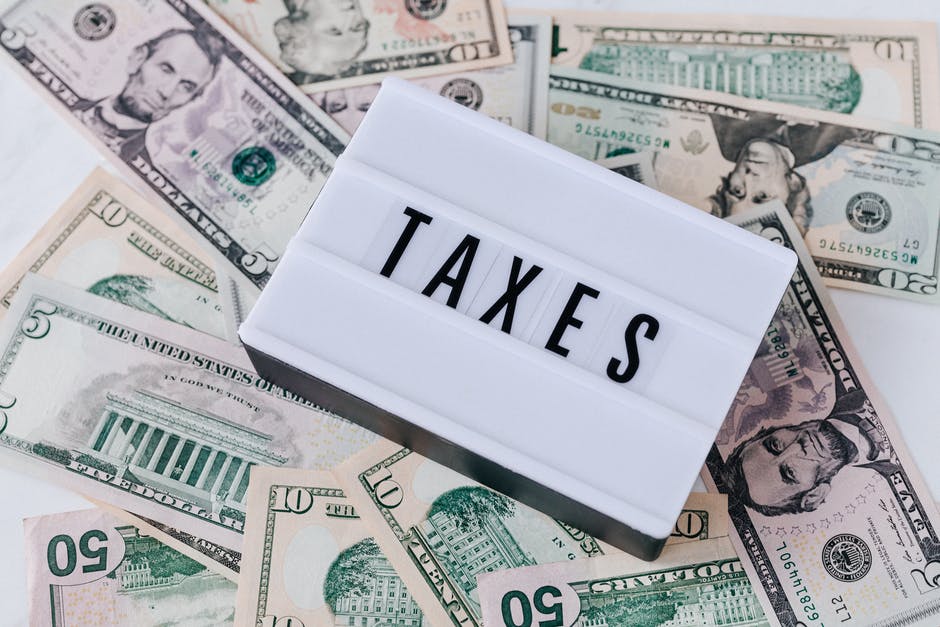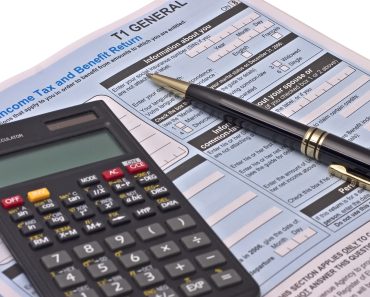
Being self-employed is the dream life and includes nearly 3 million Canadians. You wake up as late as you want, set your own schedule, and work as much or as little as you desire. But this open-ended lifestyle comes with some unique challenges, such as self-employed taxes.
Talk to any self-employed person, and they’ll likely lament how tricky tax deductions can be. Tax season for freelancers is a minefield of mishaps, far more complicated than punching in a T1 form. A self-employed contractor tax calculator may reveal that without deductions, you owe a pretty penny.
Every freelancer’s first foray into handling taxes is bumpy at first. Read more on what deductions you can claim to make sure you aren’t paying too much in taxes
Using Deductions to Reduce the Taxes You According to a Tax Calculator
Thanks to Canada’s progressive tax system, you won’t be paying an arm and a leg like the Americans on much lower incomes. And even with this lower tax bracket, you are still eligible for deductions. Deductions allow you to write off business-related expenses from your taxable income.
For example, perhaps you purchase a custom desktop work computer. When you write it off as a deduction, you pay that much less in tax. Tax deductions cover a wide variety of unique life situations, and we will discuss some of the most popular ones in this article.
1. Home Office Usage
If you do your work as a business owner in a home office, then you can claim the home business office deduction. What you deduct depends on square footage of the office in proportion to the rest of your home.
For example, if your office is 5% of the total square footage of your home, then you could potentially write off 5% of each month’s rent. However, the requirement does stipulate that you use this office solely for business purposes.
2. Daily Expenses
If you have recurring business expenses, they are likely eligible for a write-off. Common business expenses may include the following:
- Utilities (electricity, water, and gas)
- Internet bills
- Payroll for employees
- Rent
- Maintenance and repairs
- Insurance
- Office supplies
- Travel expenses
Note: these expenses must be strictly for business. You cannot write off your new PlayStation 5 if you claim that it is for de-stressing from your job. Only things like utilities, Internet bills, and some repairs or maintenance can be both for personal and professional use.
Use a self-employed tax calculator to give yourself an idea of how much you can write off based on expenses alone. Compared to all other categories, this tends to be the largest deduction.
3. Meals and Entertainment
On occasion, your self-employed business may require wining and dining clients. If these meals and shows are for aiding business relations and deals, a portion of them counts towards the deduction.
In most cases, you can write off 50% of the total amount. Obviously, you shouldn’t overspend on a lavish dinner. Dote an expensive weekend at a five-star hotel on your clients, and you won’t be able to refund it come tax season.
4. Vehicular Expenses
If you have a business-only vehicle, such as a delivery vehicle, you can write off some of its costs. This can include things such as the following:
- Gas
- Insurance premiums
- Repairs
- Breakdown coverage
- Maintenance
- Rental fees
Be aware that you cannot just write off all the expenses you incur for this vehicle. You must maintain a logbook that records how much of the mileage is business, and how much is personal. Don’t make the mistake of using a work vehicle for all your personal errands, thinking you’ve cheated the system.
5. Travel Expenses
If your business requires you to travel any distance–even to another country–you can deduct those expenses. This includes, but is not limited to, the following:
- Public transportation, such as train, bus, and taxi fares
- Air travel
- Accommodations at your destinations away from home, as well as food
Note: these travels must be strictly business-related. You cannot write off an unnecessary trip to Bali just because you plan to handle business affairs in trunks while drinking a Mai Tai.
6. Developmental and Educational Costs for Professional Advancement
Many who are self-employed need to get certifications and further their education. You may take college-level courses and so on to advance your knowledge in your industry. These educational ends are tax deductible.
7. Interest from Business-Related Expenses
If you take out a loan for business-related expenses, pay a real estate mortgage, or buy land, you can write off some of the interest.
Some of these interest payments can take a big bite out of your budget, so rest assured you’ll pay that much less in taxes.
8. Marketing and Advertising
Depending on your business type, this can be a considerable chunk of your operating expenses. If you advertise within Canada (including on the Internet) you may be able to claim back those expenses.
Be aware: any international advertisements on foreign websites do not count. So if you pay for global ad impressions on Google, only Canada-facing ads count on your write-off.
9. Bad Debt
If others owe you money but are unable to pay it back, this is uncollectible revenue. For example, if a customer skips the billing with an IOU and gets away with free services or products. This is a business expense by law, and therefore, one that you can write off.
However, there are some stipulations to claim bad debt. Bad debt must meet one of the two criteria:
- It must be bad debt from within the applicable tax year
- You must have included it as part of your receivable income
10. Private Healthcare Plan Premiums
Many Canadians receive private healthcare plans from their employers. Freelancers are on the hook for their own insurance, footing a bill an employer’s budget might otherwise.
Your costly premiums for these plans can be written off come tax day.
Find a Self-Employed Contractor Tax Calculator
Being self-employed comes with a tonne of perks, including the ability to write off expenses as tax deductions. Granted, these expenses come with strict limitations that dictate what you can do with shared-use assets. Make sure to keep detailed records of all business-related expenses along with receipts.
Paycheck Guru has all the tools you need to make tax season less painful. Check out our tax calculator to find out exactly how much you owe.





